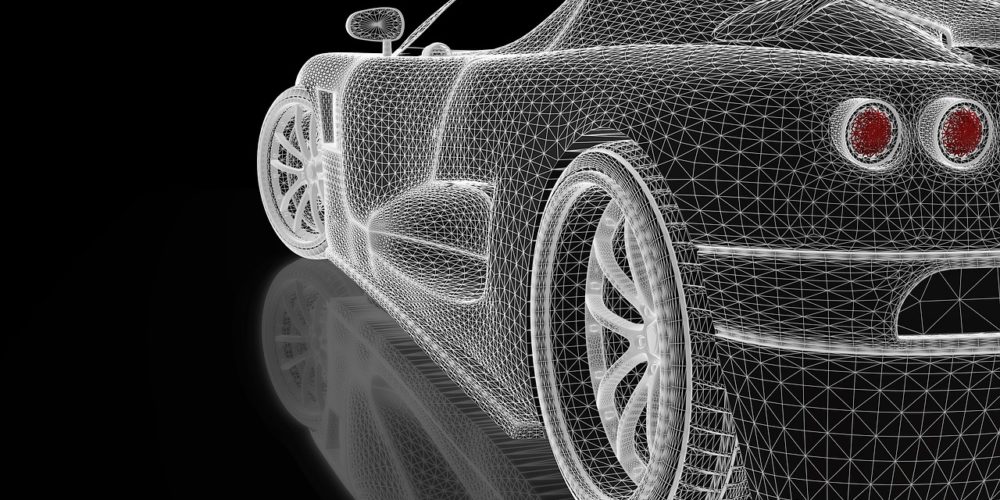How many more cars do you hope to buy?

Could you have bought your last-ever ‘traditional’ car?
It seems unlikely, doesn’t it? But if you live in an advanced economy and have just bought a petrol car, it could well turn out to be your last one. If you’re young and haven’t bought one to date, perhaps you never will. Five years from now, the car-ownership game may have changed profoundly.
I wrote about self-driving cars in a two-parter on this page in 2015. That may have been a little too early for most people – the prospect of all us sitting in vehicles that propel themselves to our destinations with no human at the wheel seemed more science fiction that prudent prediction.
Consider this, though: the United Kingdom announced a plan last year to put fully self-driven cars on the roads by 2021. An amendment to the Road Traffic Act will be introduced to allow cars on the road without a human operator, after they are proved to be safe.
By 2021? That’s a lot sooner than even I had thought possible. There may be many twists and turns and unexpected obstacles to come in the journey to driverless driving, but there is no doubting the determination to make it happen.
Why is that, though? Have you ever asked why some of us keep saying this change is inevitable? It seems so far-fetched, after all, that we will live in a world where cars just move themselves around with almost no accidents, and where driving becomes a thing of the past. The issue is not the technology; the acceleration in autonomous software, sensors and mapping is well underway. No, the reason this will happen is economics. Or rather, hard cash in the pocket.
The BBC’s Justin Rowlatt spelt this out nicely in a recent piece. Let’s say a traditional taxi charges you Sh1,000 to take you to a destination several kilometres away. Suppose you could take the driver out of the car. That would cut costs by more than 50 per cent. So the fare is now Sh500. Now suppose the fossil-fuelled vehicle is replaced by an electric one. These are a lot more reliable than those with internal combustion engines. They have just 20 or so moving parts compared to 2,000 in traditional cars, and manufacturers expect them to keep going for more than 500,000 kms.
Recharging batteries will also be much cheaper than refuelling. As electric vehicles come onstream in large numbers, their costs will fall dramatically. A ride on one of these quiet and efficient machines, with the driver also out, might cost as little as 10 per cent of that on an old-fangled taxi.
Our trip cost is now down to Sh100.
That’s without accounting for the fact that the vast majority of car accidents are caused by old-fashioned human error. If we can create a world in which our roads are mostly free of accidents, the savings in human life, repair costs and insurance also become very significant.
Now make another leap. What if instead of owning a car you thought it more cost-effective to use a shared robo-taxi service? If you consume car transport as a service rather than a purchase, and many others make the same decision, then even bigger scale efficiencies kick in.
As I wrote way back in 2015, a car is a strange asset to own. It costs more than anything else you are likely to buy other than a house; it sits idle for 95 per cent of the time; and it depreciates dramatically in value the minute it is bought! We only buy a car because there is no other affordable way to move around in privacy. When the other ways appear, you will very likely join the multitudes who will buy car transport as a service – and save a lot of money on transportation.
Some futurists predict that within 10 years of self-driving cars meeting regulatory approval, 95 per cent of passenger miles will be on electric robo-taxi networks. This also has huge implications: far fewer vehicles will be needed if they are run optimally; and large amounts of space currently locked in parking will be freed up.
The world’s leading automakers are already in reinvention mode. Some have announced that petrol-only cars will be history from as early as next year. Many governments are planning electric-only roads by 2030.
So you may well buy another car after the one you’re currently driving; but will you buy any more after that?
(Sunday Nation, 21 October 2018)
Sunny Bindra’s new book, The Bigger Deal, is now on sale.

Buy Sunny Bindra's new book
The X in CX
here »
Popular Posts
- NY’s wake-up call to the old guardNovember 9, 2025
- How to listen, really listenNovember 16, 2025
- Save your strength for repairsNovember 2, 2025
- Here’s why you should become foolishNovember 30, 2025
- Is AI hiring your company into oblivion?November 23, 2025















